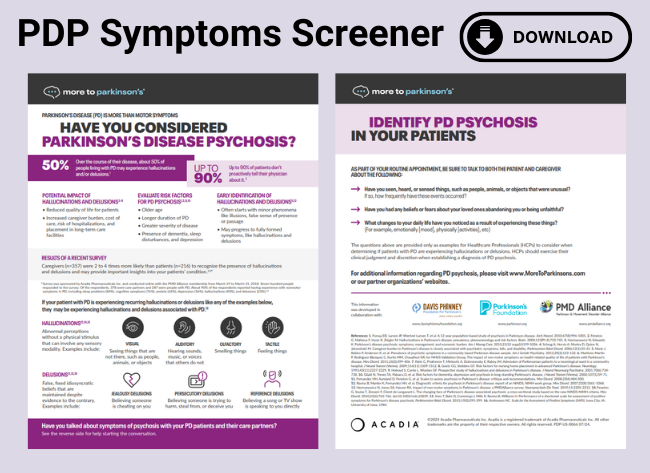Parkinson's Disease
Parkinson's disease (PD) is one of the most prevalent neurodegenerative conditions among older adults. Characterized by motor symptoms like tremor, rigidity, and postural instability, as well as non-motor symptoms such as cognitive impairment, mood disorders, and autonomic dysfunction, PD presents unique challenges in post-acute and long-term care (PALTC) settings. Given the progressive nature of this disorder and the multitude of associated complications, tailored strategies are required to ensure optimal patient outcomes and quality of life.
Clinical Manifestations and Implications in PALTC
- Motor Symptoms: Tremor, particularly resting tremor, rigidity, and bradykinesia impact the patient's mobility and activities of daily living. Postural instability might heighten the risk of falls, necessitating preventative measures.
- Non-Motor Symptoms: Cognitive changes, from mild cognitive impairment to Parkinson's disease dementia or Parkinson’s disease psychosis, demand specialized interventions. Mood disorders, sleep disturbances, and autonomic dysfunctions further complicate care plans.
- Medication-Related Complications: Drugs like levodopa can lead to motor complications, such as dyskinesias or motor fluctuations, and non-motor side effects, emphasizing the need for vigilant monitoring and dose adjustments.
Optimal Care Approaches
- Multidisciplinary Assessment: Comprehensive evaluations encompassing neurological, physical, cognitive, and psychosocial assessments provide the foundation for individualized care plans.
- Pharmacological Interventions: While levodopa remains the cornerstone, adjunct medications, including dopamine agonists, MAO-B inhibitors, and anticholinergics, might be employed. Regularly reviewing drug regimens to optimize efficacy and minimize side effects is crucial.
- Rehabilitative Services: Physical, occupational, and speech therapies can play a pivotal role in managing symptoms, improving functional abilities, and enhancing swallowing or communication capacities.
- Psychoeducation and Support: Ensuring patients, families, and caregivers are well-informed about the disease progression, treatment options, and coping strategies.



